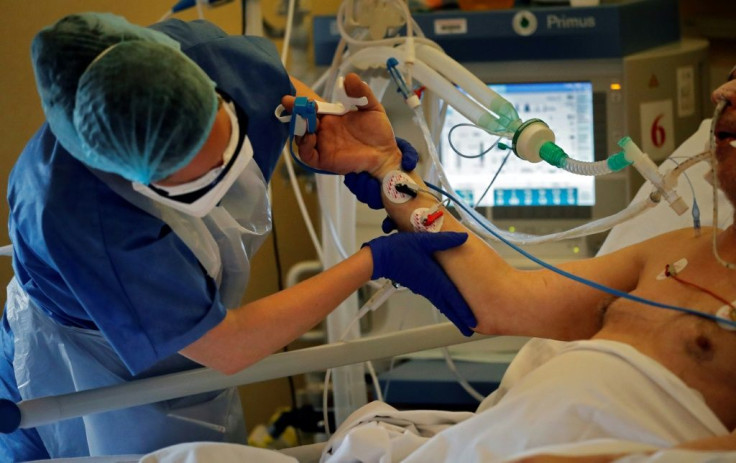Nitrate Supplementation Could Help Elderly Patients Improve Respiratory Muscle Dysfunction
KEY POINTS
- Losing muscle strength is a natural part of aging
- Study: Nitrate supplementation improved respiratory diaphragm muscle function in old mice models
- If translated in human beings, the findings could help the high-risk group in the current pandemic
Respiratory muscles lose their strength with age and can impair cough and airway clearance. New research pointed out that nitrate supplementation can help solve this.
The experts at the University of Florida conducted a study using mice models to find a solution. But if replicated in human beings, it could help the elderly population clear the lungs more effectively and keep infections at bay.
Older studies have demonstrated that nitrates helped by improving the use of calcium in the muscles. But the findings from the recent study published in the Journal of Physiology is significant, particularly in the current COVID-19 pandemic situation. This is because, the diaphragm is the "primary inspiratory muscle" used for breathing and coughing, and thereby clearing the lungs.
"Our findings are especially important in light of the current COVID-19 pandemic as they suggest that, if replicated in humans, dietary nitrate is useful to improve respiratory muscle dysfunction that contributes to difficulty in weaning patients from mechanical ventilation," said the study’s senior author Leonardo Ferreira.
Food sources rich in nitrates include bacon, cured meats, green leafy vegetables, banana, broccoli, pumpkin, salami, strawberries, beetroot, and processed meats. Under proper supervision, dietary nitrate can help improve respiratory muscle dysfunction that is responsible for shortness of breath and morbidity in older adults.
The Study:
The research team administered sodium nitrate in the drinking water of old mice for 14 days. The control group was given regular water in the same period.
Since diaphragm muscle contractile function cannot directly be assessed in live animals, the researchers tested the muscle’s function in tissues under controlled conditions for oxygenation and muscle stimulation.
They found those old mice that received dietary inorganic nitrated displayed greater diaphragm peak power compared to those in the control group. They opine that dietary nitrate might increase maximal inspiratory muscle power and that it should be tested in human beings.
However, the main limitation of the study is the difference in the percentage of fast and slow muscle cells between mouse and human diaphragms. The diaphragm muscles in mice are made up of 90% fast muscle cells and that of humans consists of only 25-50% of these cells. Dietary nitrate has a greater impact on the contractile function of fast muscle cells.

© Copyright IBTimes 2024. All rights reserved.






















